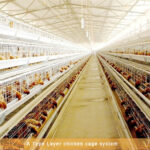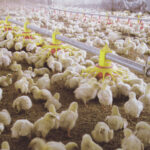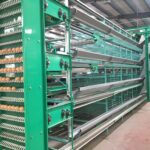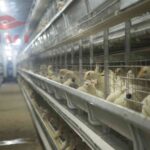How to Raise Free-range Chicken in Rural Areas
At present, the survival rate of rural free-range chickens is very low, the feeding cycle is very long, and it is difficult for chicken farmers to make money. Then, how do rural free-range chickens provide survival rates and benefits, thus earning money.
First, let us look at the reasons for the low survival rate and low efficiency of rural free-range chickens.
1. Many rural free-range chicken households have few feeding management, poor sanitary conditions, and have never been disinfected. This has led to the spread of a series of viral bacteria, which has made the chickens susceptible to disease.
2. Rural free-range chickens generally lack basic infrastructure. Chickens can move around easily. They can easily drink domestic sewage or eat grasses that have been sprayed with pesticides in the fields, causing poisoning. In addition, the lack of infrastructure also leads to chickens in winter. Unable to get warm, many chickens have respiratory diseases.
3. The farmers of free-range chickens generally lack the technology of raising chickens. They do not know how to treat chickens. They often have improper medication, untimely treatment or excessive medication.
4. Rural free-range chickens basically ignore the nutrition and stress factors. For example, when the chicken is sick or when the weather is hot, the appetite of the chickens is reduced, and the drinking water is more. At this time, it is necessary to supplement the nutrition. There is no such consciousness.
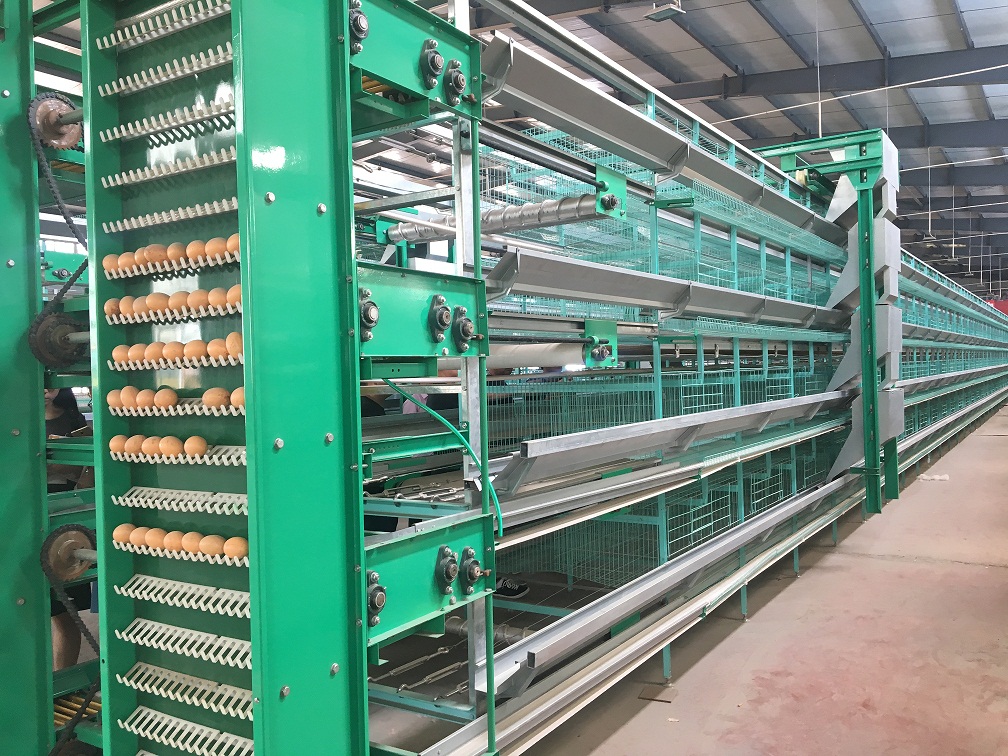
Due to the existence of the above four situations, the rural free-range chickens have a high mortality rate, slow growth, and high food intake. It is difficult to bring much income to the chicken farmers, and sometimes even lose a lot of money. Then, in response to the above situation, how should the chicken farmers of free-range chickens do it?
1. When buying chickens, the chicken farmers must first do the disinfection and sanitation work of the chicken house, and regulate the temperature and ventilation facilities in the house.
2. Even for free-range chickens, chicken farmers should do a good job in preventing chicken diseases. It is necessary to scientifically and rationally deworm and vaccinate, supplement the chickens with nutritious health products and multivitamins, and improve the anti-stress ability and resistance of the chickens.
3. Chicken farmers should learn to observe the feeding, drinking water, feces and activities of the chickens. If there is any abnormality, the chickens should be isolated immediately and symptomatic treatment should be timely.
4. During the process of raising chickens, it is necessary to strengthen the management of feeding, do a good job of disinfecting the chicken houses, and at least once a week, treat the chicken manure and debris in the chicken house to keep the house clean and hygienic. In addition, it is necessary to feed fresh feed, do a good job of cold protection and warmth, ensure the light and ventilation of the chicken house, and prohibit stocking in rain and snow in poultry cages for sale.

